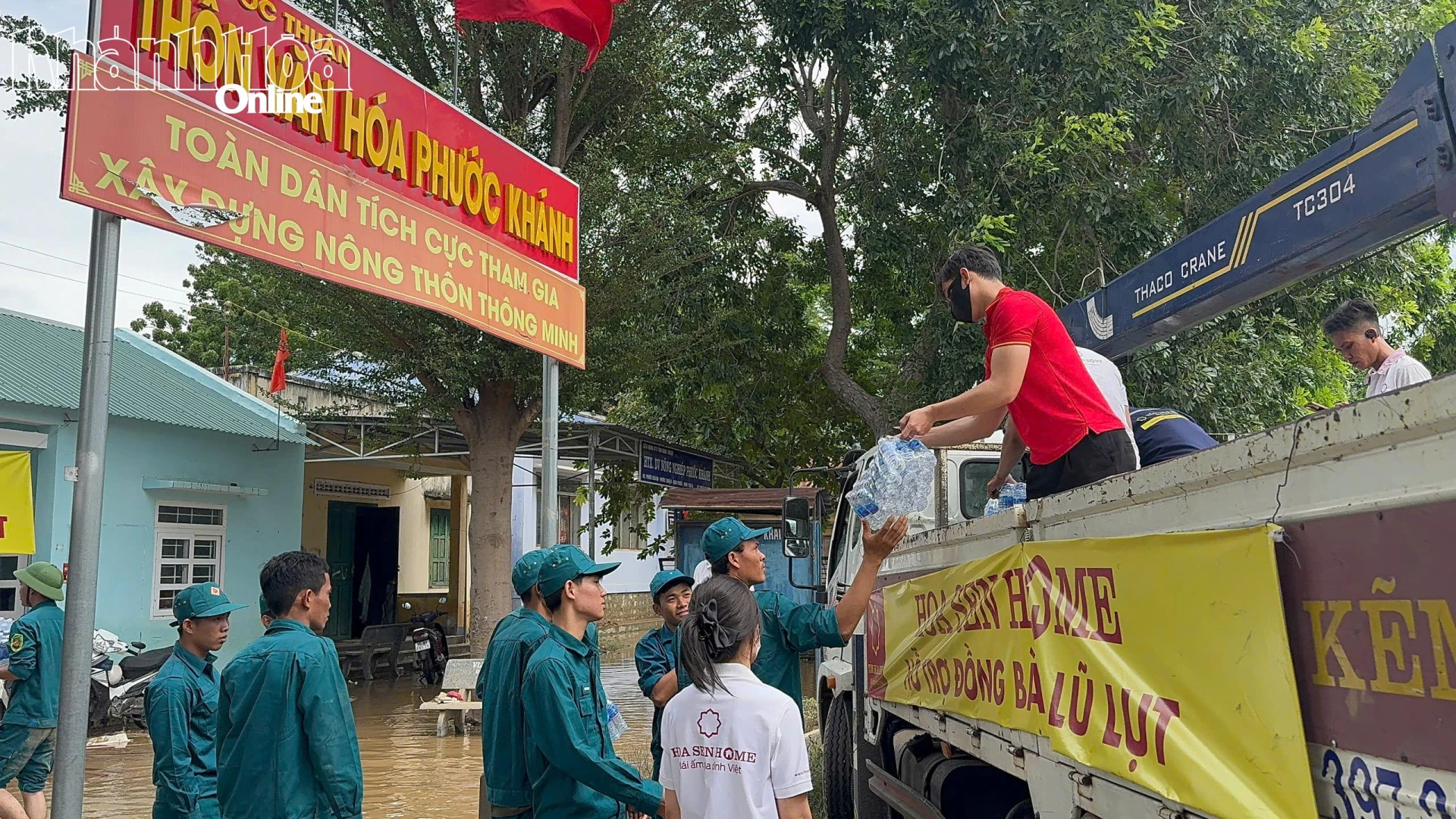 |
| Ninh Phuoc commune authorities coordinated with Hoa Sen Group's relief team to urgently transport necessities. |
However, while the government, armed forces, and people are struggling to cope with natural disasters and floods, trying their best to provide relief to people in the Central and Central Highlands provinces, articles have appeared on social networks that are skeptical, critical, and blaming the government and forces for being slow. These articles do not accurately reflect the efforts of the entire political system. They do not know that all recent floods are "unprecedented in history" in many localities, so the response work faces many difficulties and challenges. Even developed, modern countries like Japan and the US, if they encounter extreme natural disasters, the consequences are very serious. We are proactive in situations, but with the type of weather that does not follow any scenario like the recent one, it is difficult for the prevention and control work to be smooth and favorable.
It is ridiculous that some people are calling for the State not to "monopolize" the rescue work, but to mobilize civil organizations to participate. They say that they do not understand the "4 on-site" motto that our State has defined in flood and storm prevention and control up to now, showing a lack of understanding of the "4 on-site" motto (on-site command, on-site forces, on-site means and materials, on-site logistics) that has been applied for many years and proven effective. The "on-site forces" include the People, civil defense forces, community shock troops and volunteer groups. There are no regulations prohibiting social organizations from participating in rescue support. In fact, the past time has witnessed hundreds of volunteer groups from all over to support deeply flooded and isolated areas. Local authorities and armed forces are always ready to guide and coordinate to ensure the safety of those participating in the relief work.
Some articles on social networks also claim that if civil organizations were involved, the rescue work would be faster than the armed forces, because the armed forces would have to ask for instructions and operate in a roundabout way, wasting time. This is a completely wrong assessment of the command mechanism of the Army and the Police.
Firstly, the armed forces always consider disaster prevention and search and rescue. is a combat mission in peacetime. This force plays a core role in search and rescue not to “monopolize”, but to ensure discipline, unity and safety in a high-risk mission. This is a principled requirement, which cannot be replaced by spontaneous activities.
Second, with the combat readiness mechanism, as soon as there is a warning, all units are ready to receive orders to go. Therefore, when a situation occurs, with just one command, everyone will depart. If a situation arises, requiring the mobilization of more forces and vehicles, it will only take a few phone calls between commanders, how can it be slower than civil organizations?
Third, the armed forces have specialized equipment, off-road vehicles, and rescue skills in rapid water, landslides, flash floods, etc. These factors help them quickly access dangerous areas, which civilian groups can hardly handle.
While natural disasters are evolving in a complex manner, the weather is becoming more and more extreme, and the consequences are becoming very painful, it is understandable that opinions arise. However, before expressing opinions, think carefully, have a comprehensive, objective, and multi-dimensional view, and do not let emotions cause stereotypes, distortions, incitement, or weaken the strength of national unity. In difficult times, the spirit of unity must be maintained.
BATTLE LITERATURE
Source: https://baokhanhhoa.vn/chinh-tri/bao-ve-nen-tang-tu-tuong-cua-dang/202511/trong-nhung-thoi-khac-gian-nan-tinh-than-doan-ket-cang-phai-giu-vung-7307668/








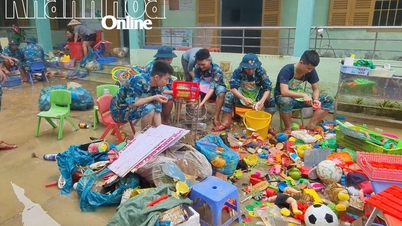

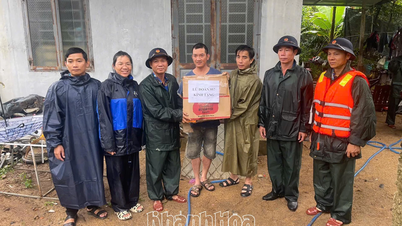
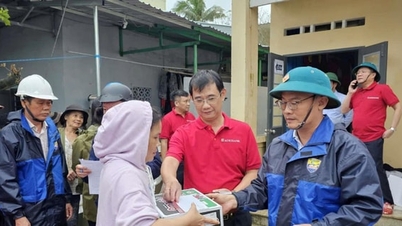

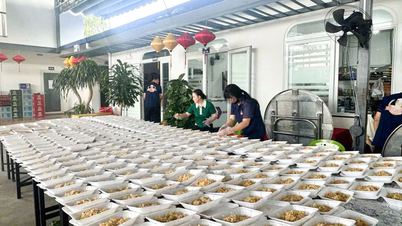
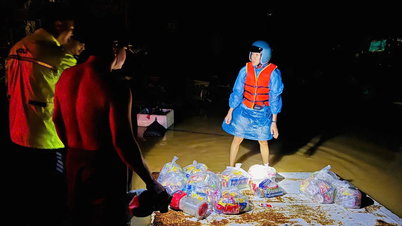




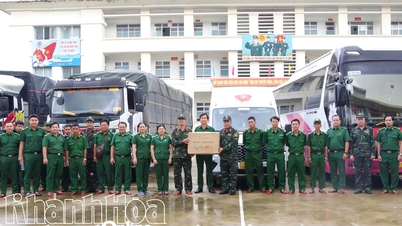
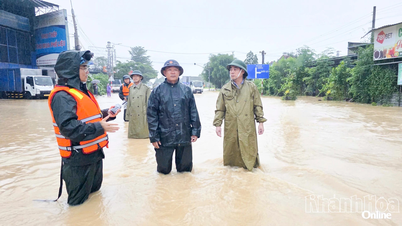
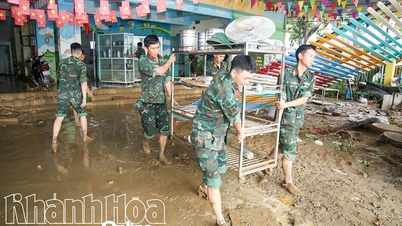
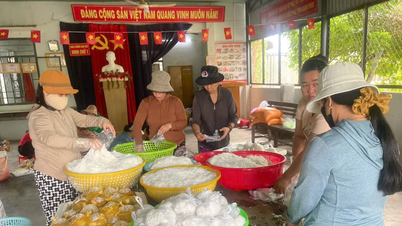
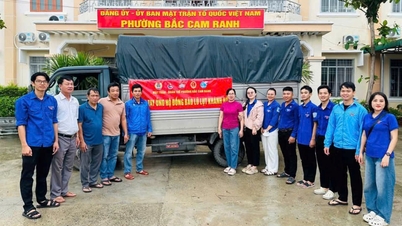
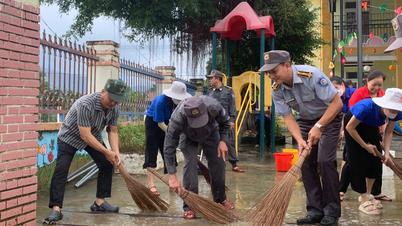

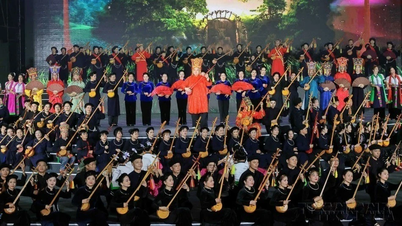

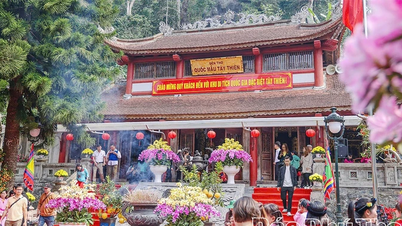

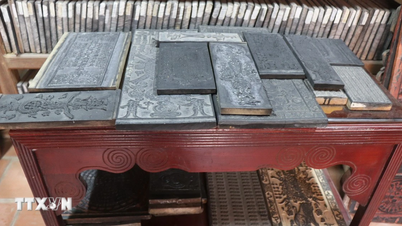

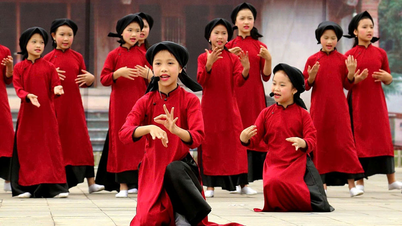




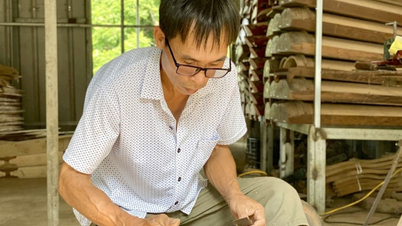



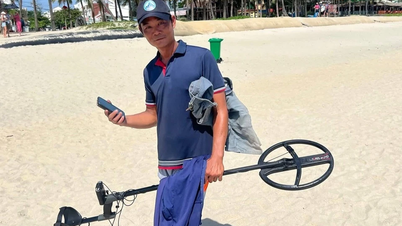



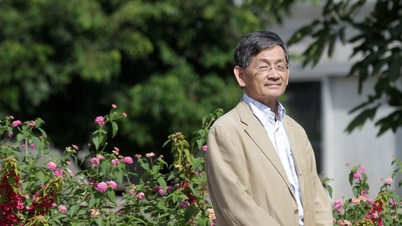


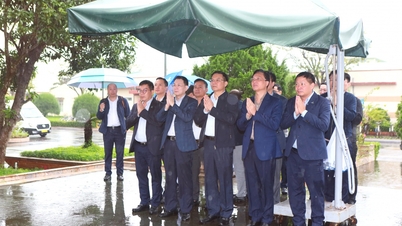
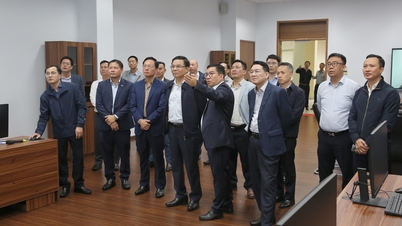











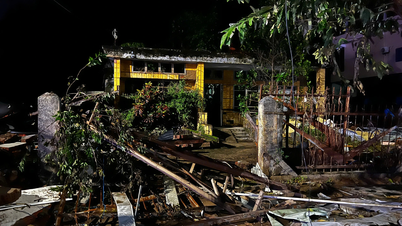
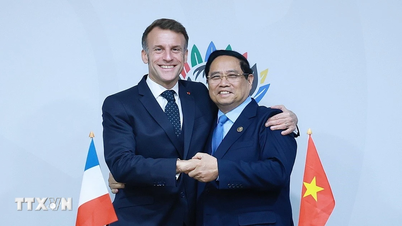
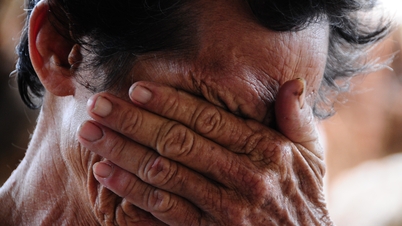

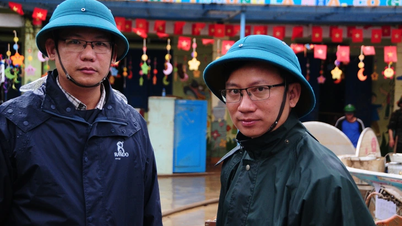
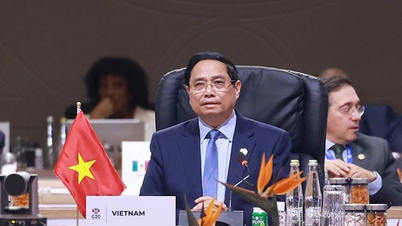




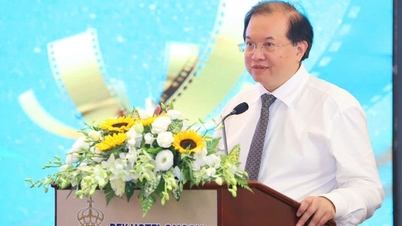
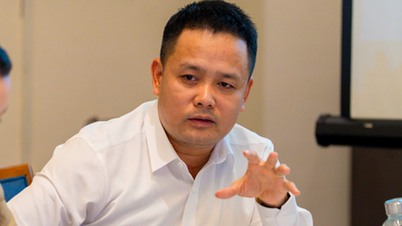
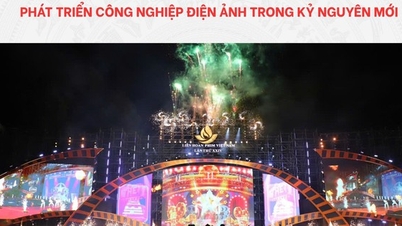
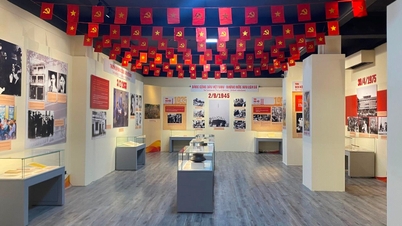

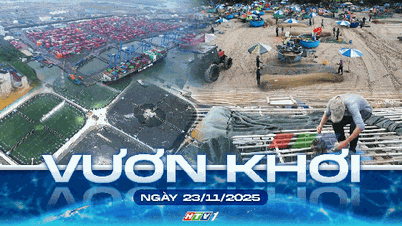









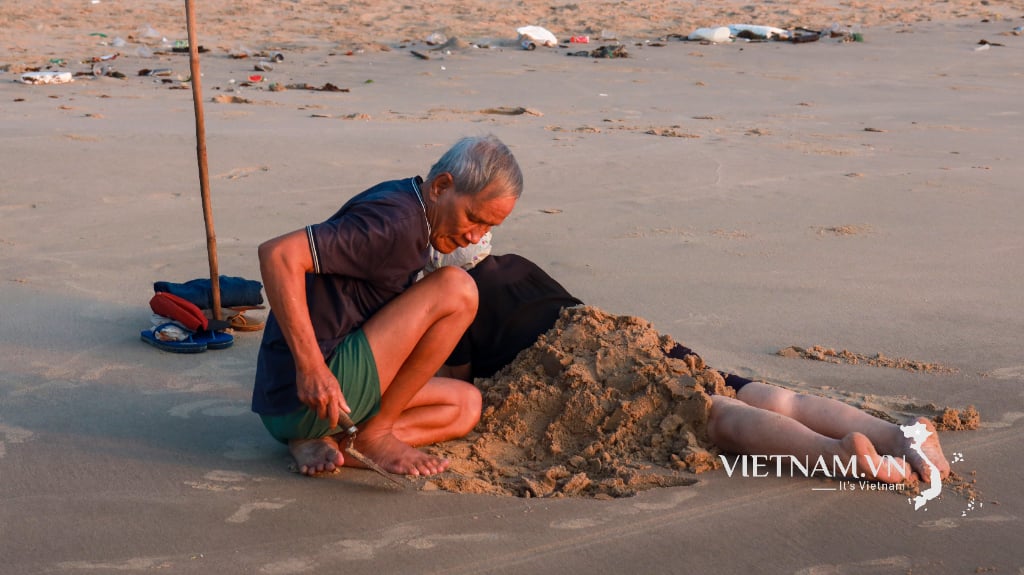



Comment (0)